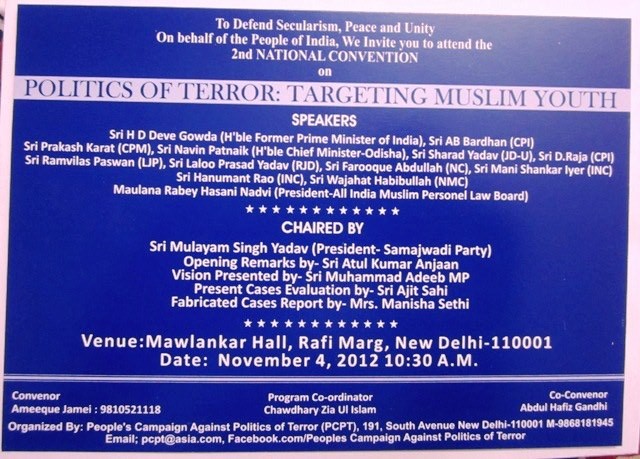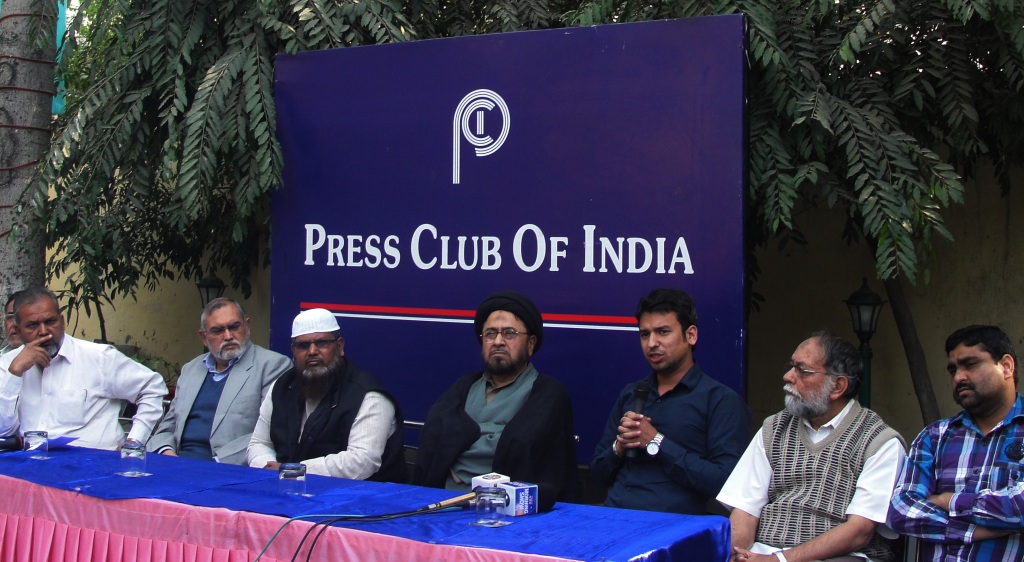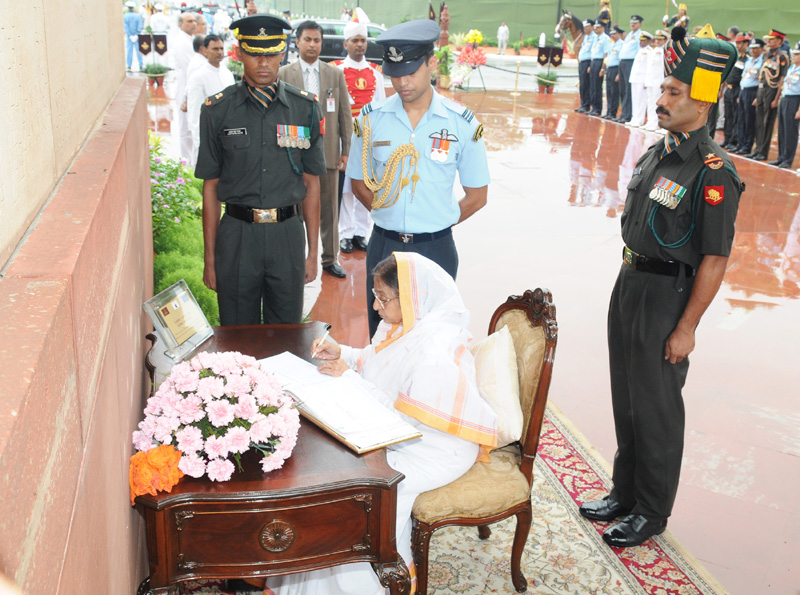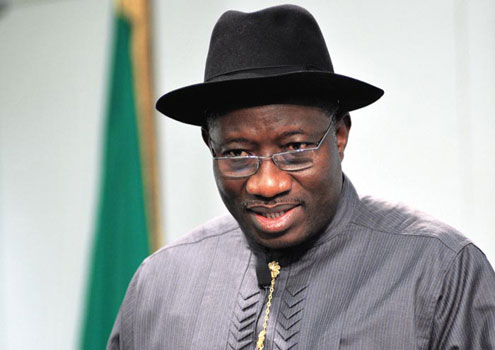2nd NATIONAL CONVENTION on POLITICS OF TERROR: TARGETTING MUSLIM YOUTH
To defend Secularism, Peace and Unity On behalf of the People of…
Community Leaders Demand Immediate Release of Mohd. Kazmi
BeyondHeadlines News Desk There is an increasing sense of isolation, anguish and…
Address toThe Nation by President Pratibha Devisingh Patil on the Eve of The 65th Independence Day
BeyondHeadlines News Desk Following is the text of the President of India,…
Nigeria: Jonathan Sworn in as President
Jonathan first came to power after the death of his predecessor, northerner…
Tens of Thousands Protest Across Yemen Against President
SANAA (Xinhua) -- Tens of thousands of protesters gathered Friday at main…




